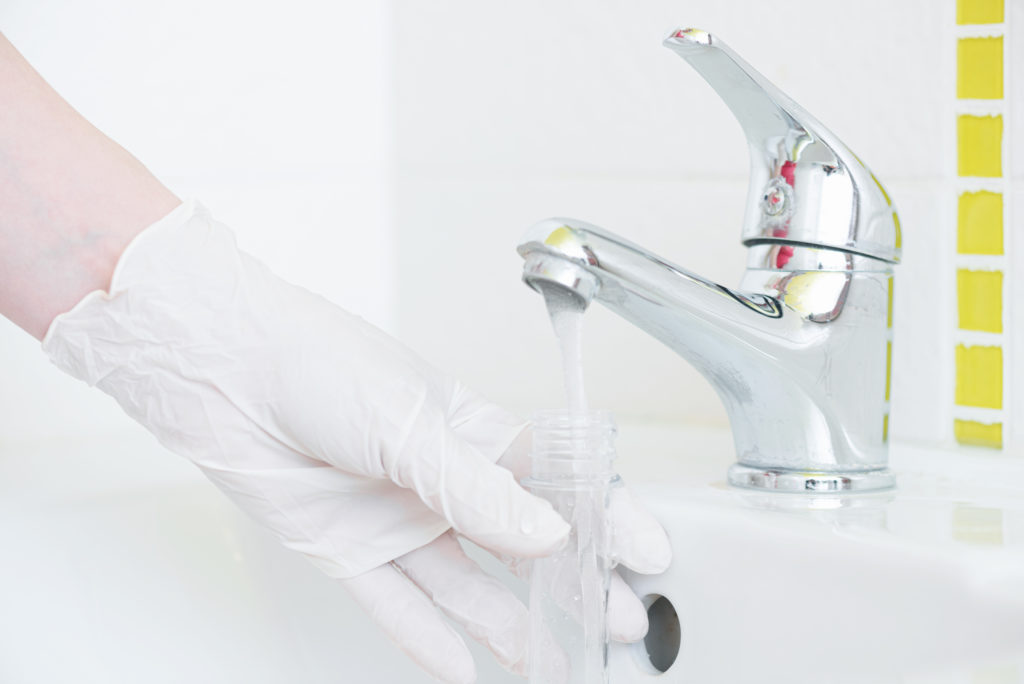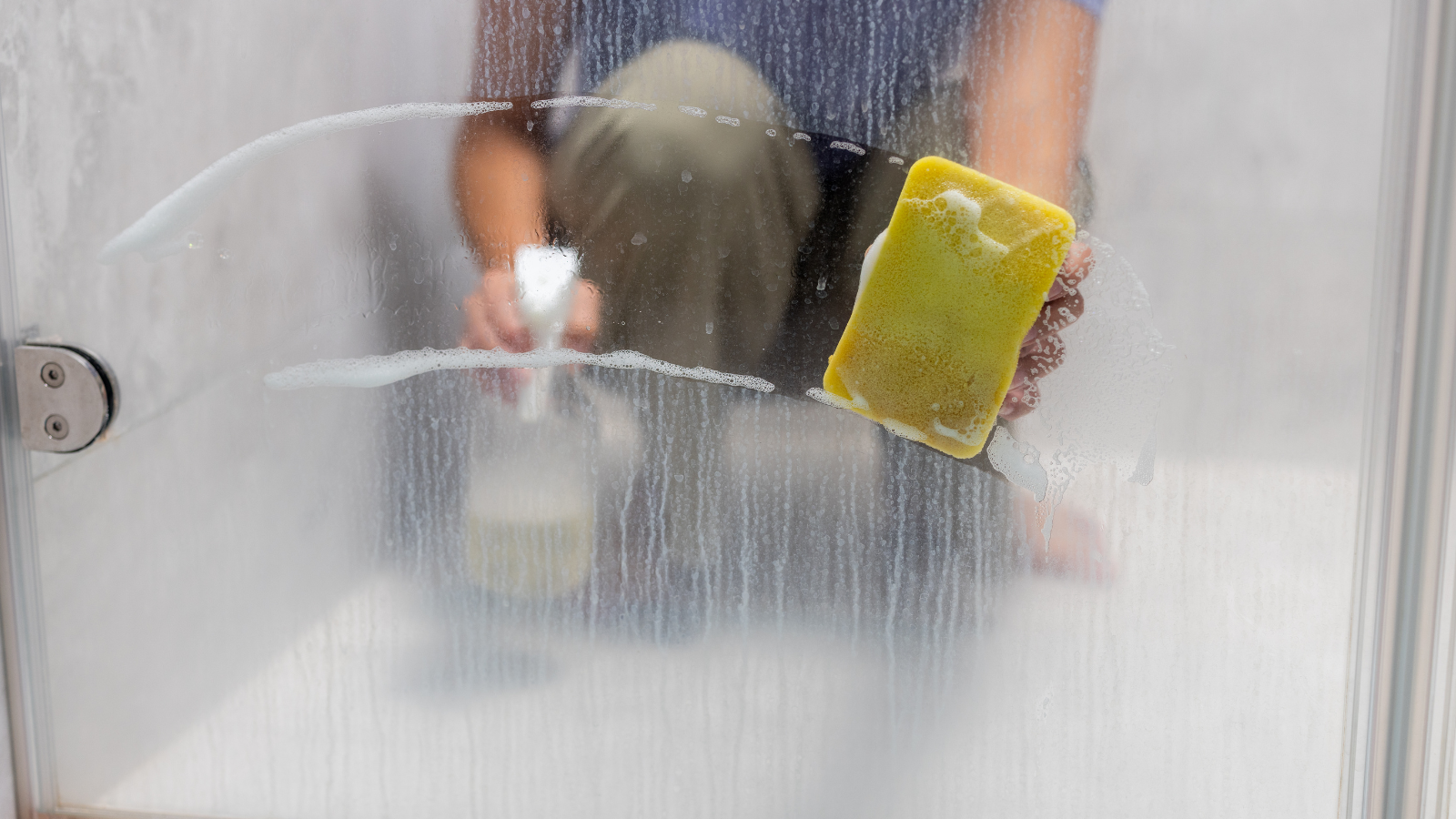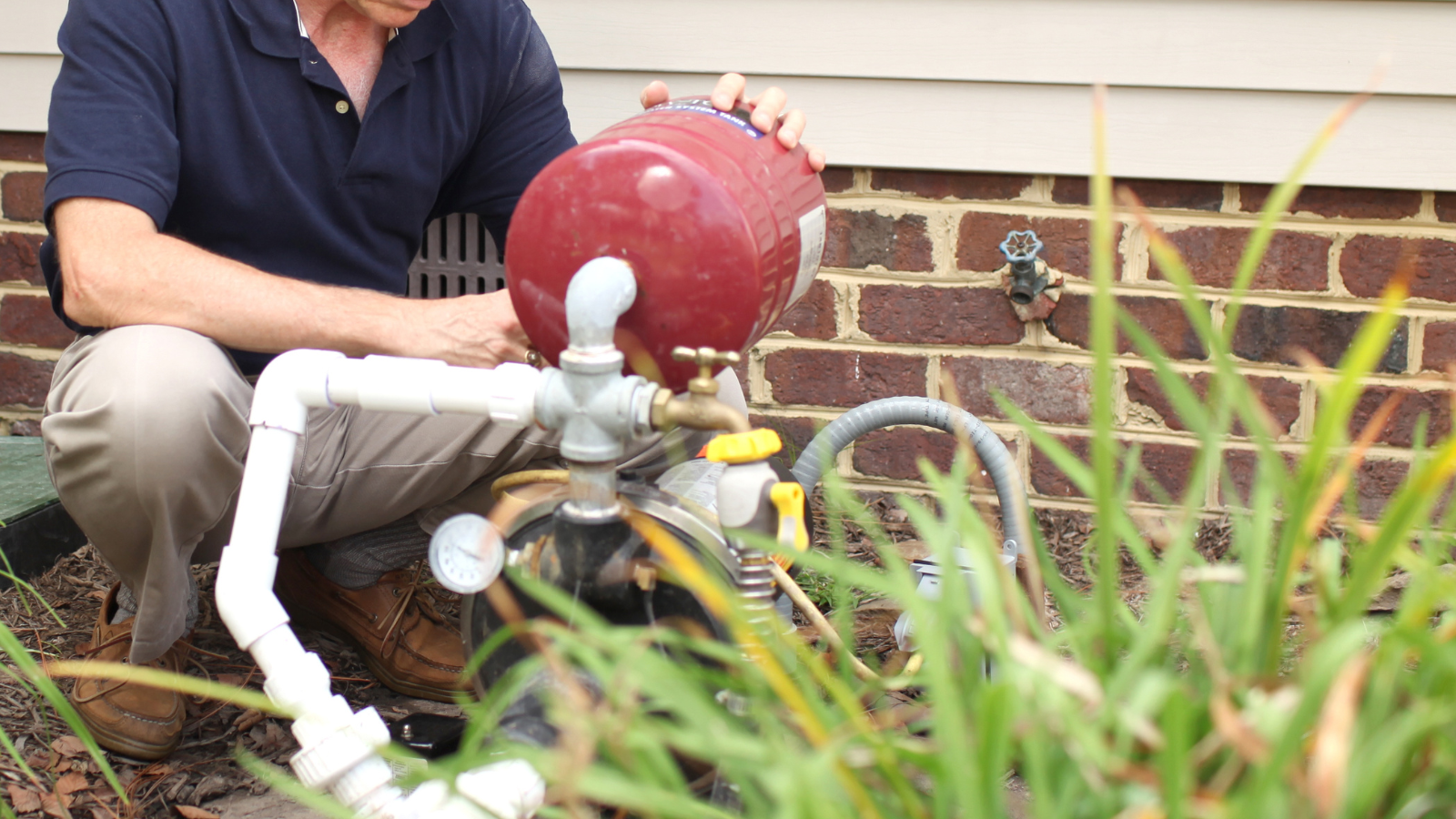Do Water Softeners Add Sodium?

Water softeners are the perfect solution for dealing with hard water, but there are many misconceptions about them. One of the most common questions people ask is, “Do water softeners add sodium?”
The surprising answer is: not really. Keep reading to learn how water softeners work and clarify some common misunderstandings.
How Water Softeners Work
Water softeners operate through a process called ion exchange. Hard water, which contains high levels of calcium and magnesium, flows through the softener’s resin beads, which are coated with sodium ions.
When hard water passes over them, the calcium and magnesium ions swap with the sodium ions, an exchange that removes the hard minerals from your tap water.
Hardness minerals and excess sodium flush to the drain. The amount of sodium remaining in the resin bed is minimal.
According to the WQA (Water Quality Association), for every grain of hardness, there will be 30 mg of sodium in a gallon after it has been softened.
- For water supplies in our area that actually have hard water, the average is 10 grains per gallon.
- 10 grains x 30 mg = 300 mg in a gallon (128 oz.)
- 300 mg sodium / 128 oz. = 2.35 mg per oz.
- 2.35 mg * 8 oz. = 18.80 mg
- In an 8-oz. glass of 10-grain softened water, there is 18.80 mg of sodium.
To put this in perspective:
- 8 ounces of softened water = 18.88 mg of sodium
- 1 tbsp ketchup = 180 mg
- Nature’s Own white bread/slice = 230 mg
Health Considerations
For people with specific health conditions like hypertension or kidney disease, it’s wise to monitor sodium intake closely. While the sodium in softened water is minimal, those on a severely sodium-restricted diet should consider alternatives.
Options include using a reverse osmosis system to filter out sodium or choosing a potassium-based water softener. These methods allow you to enjoy the benefits of softened water without the added sodium.
Benefits of Using a Water Softener
For most people, the advantages of using a water softener far outweigh any health concerns. Here are the most prominent benefits of softening your water:
- Prolong the life of your appliances: Soft water is easier on your appliances, helping them operate at their best for years to come.
- Improve water efficiency: Soft water heats up faster, lowering your energy consumption and reducing your utility bills.
- Reduce soap and detergent usage: Soft water lathers more easily, meaning you can use less soap and detergent for cleaning tasks. This saves money and is better for the environment.
- Improve the feel of your skin and hair: If you’re used to showering in hard water, you’ll immediately notice how much smoother and nicer your skin and hair feel after installing a water softener. Softened water doesn’t leave behind mineral residue that can dry out your skin and dull your hair.
- Prevent scale buildup in pipes and fixtures: Softened water helps keep pipes and fixtures free from hard mineral deposits for better water flow and a reduced risk of clogs.
Call Water Doctor for Water Softening Solutions
Water Doctor provides top-notch water softening solutions tailored to your needs.
With over four decades of experience, our licensed and bonded technicians focus on honesty and integrity for exceptional customer service. We show up on time with the right tools and equipment for the job, demonstrating respect for our customers.
Contact us today for a water softener installation estimate in Anne Arundel County, Montgomery County, Howard County, Baltimore County, or Carroll County, MD.
Proudly Serving The Following
Maryland Counties
Anne Arundel | Howard | Baltimore | Frederick | Montgomery | Carroll | Charles | Calvert | Queen Anne's | Harford
Anne Arundel | Howard | Baltimore | Frederick | Montgomery | Carroll | Charles | Calvert | Queen Anne's | Harford






